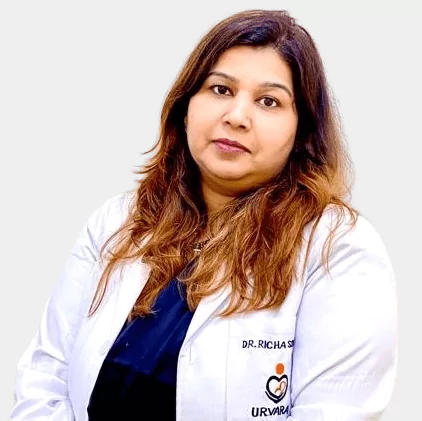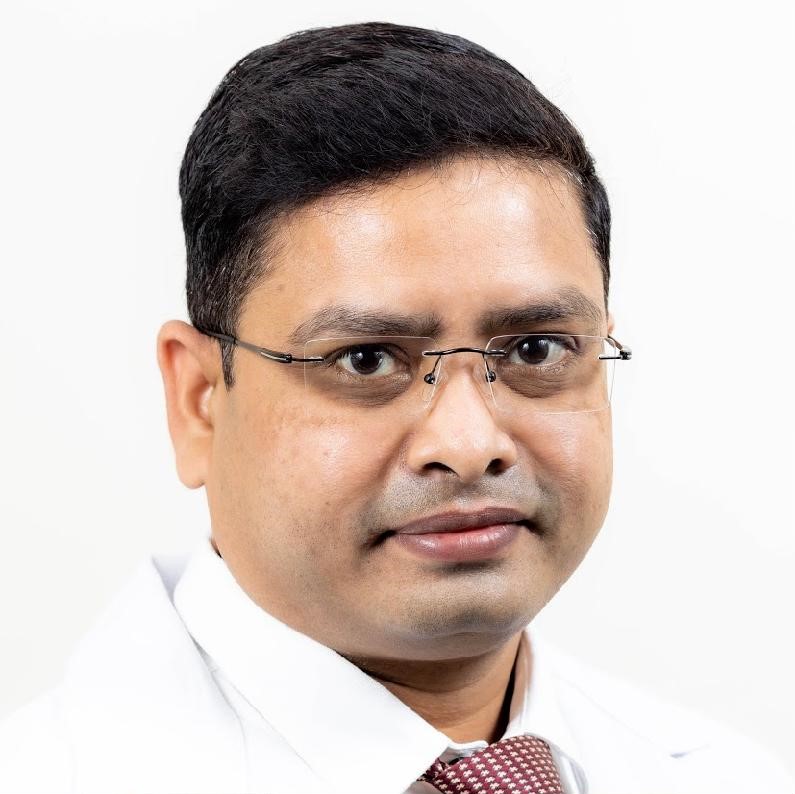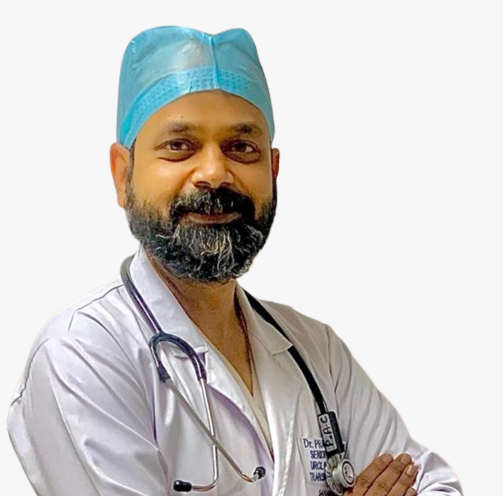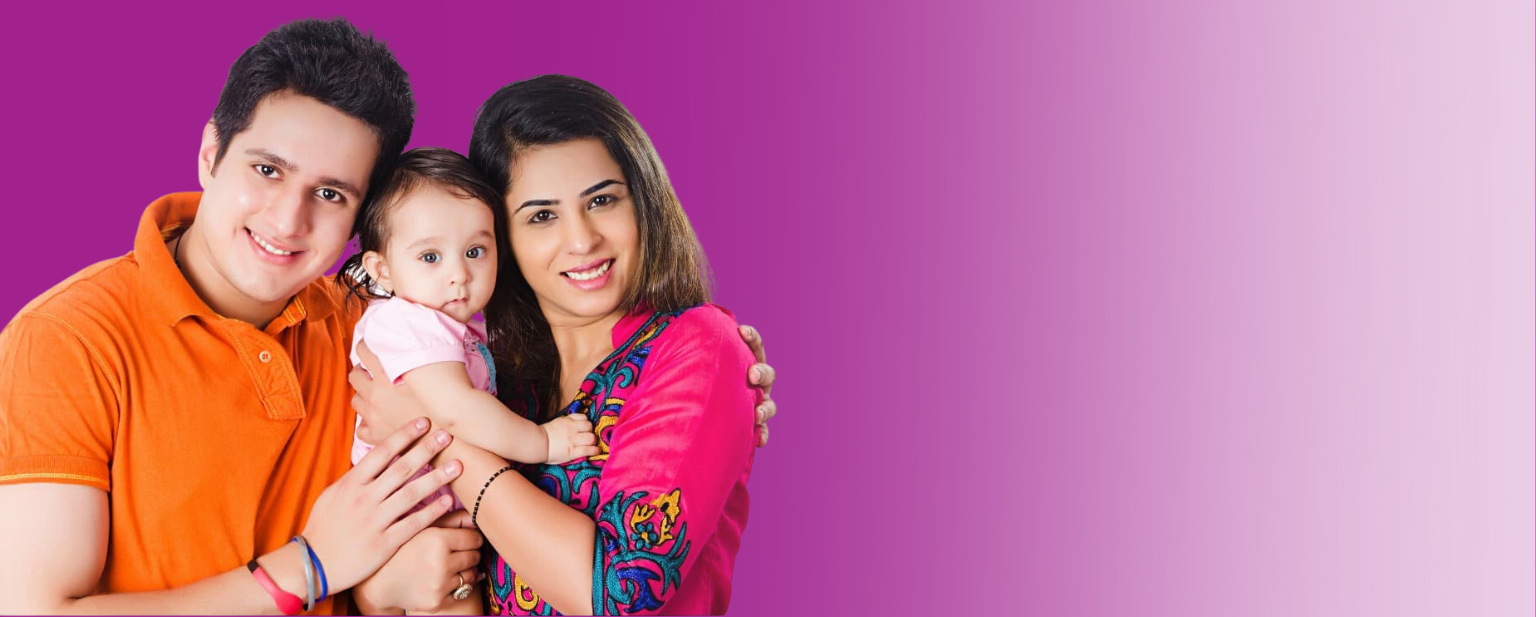Donor Services
Donor Services
Donor services in the context of reproductive medicine refer to various assisted reproductive technologies (ART) that involve the use of donated biological materials, such as sperm, eggs, or embryos, to help individuals or couples achieve pregnancy. These services are typically offered by fertility clinics and reproductive centers and are used when a person or couple is unable to conceive naturally or carry a pregnancy to term using their own gametes (sperm and eggs).
There are several types of donor services available, including:
Donor Sperm: Donor sperm is used when a male partner has fertility issues or when there is no male partner. The donor sperm is usually obtained from a sperm bank, and the recipient can choose a suitable donor based on various characteristics, including physical attributes, education, and medical history.
Donor Eggs: Donor eggs are used when a female partner has difficulties with egg quality or production, or in cases where a single man or same-sex male couple wishes to have a biological child. The donor eggs are typically obtained from young, healthy women who have undergone extensive screening and testing.
Surrogacy: Surrogacy involves the use of a gestational carrier, also known as a surrogate, to carry a pregnancy for another person or couple. In gestational surrogacy, the surrogate has no genetic relationship to the child as the embryo is created using either the intended mother’s eggs or a donor’s eggs and the intended father’s sperm or a donor’s sperm.
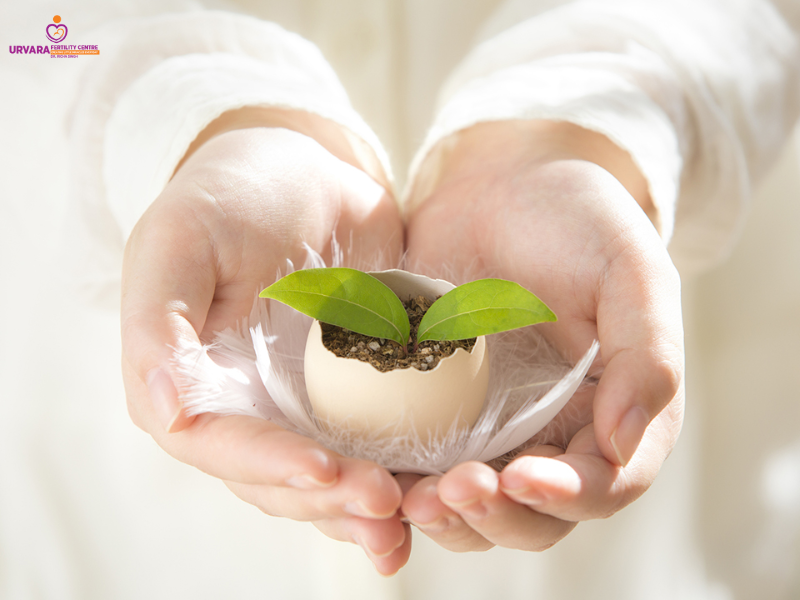
What is the procedure for egg donation?
Egg donation is a process in which a woman, known as the egg donor, voluntarily provides her eggs (ova) to be used in assisted reproductive technology (ART) treatments. These donated eggs are then used to help other women or couples who are struggling with infertility or other reproductive challenges. The procedure for egg donation involves several steps, including screening, ovarian stimulation, egg retrieval, and egg donation itself. Here is an overview of the typical egg donation process:
Application and Screening: Egg donors typically begin by applying to an egg donation program or fertility clinic. They will undergo a comprehensive screening process, which includes a detailed medical history, physical examination, and various tests to assess their overall health, reproductive health, and genetic background. Additionally, donors may undergo psychological evaluations to ensure they are mentally and emotionally prepared for the donation process.
Legal and Consent Process: Once the egg donor is accepted into the program, they will work with legal professionals to complete the necessary paperwork and consent forms. These documents outline the terms of the egg donation, the rights and responsibilities of the parties involved, and the intended use of the donated eggs.
Synchronization of Cycles: In many cases, the egg donor’s menstrual cycle needs to be synchronized with the recipient’s cycle to facilitate the timing of the egg retrieval and subsequent embryo transfer. This may involve hormonal medications for both the donor and the recipient to regulate their cycles.
Ovarian Stimulation: The egg donor undergoes controlled ovarian stimulation (COS) using fertility medications (gonadotropins) to encourage multiple egg development in her ovaries. The progress of ovarian stimulation is monitored through blood tests and ultrasound scans.
Egg Maturation: When the eggs are mature and ready for retrieval, a final trigger shot of hCG (human chorionic gonadotropin) or a similar hormone is administered to initiate the final stages of egg maturation.
Egg Retrieval: The egg retrieval procedure is usually performed under sedation or anesthesia to ensure the donor’s comfort. A thin needle is inserted through the vaginal wall and guided into the ovarian follicles, where the eggs are aspirated from the follicles one by one. The procedure typically takes about 20-30 minutes.
Post-Retrieval Care: After the egg retrieval, the donor is observed in a recovery area for a few hours before being discharged. She may experience some mild discomfort or bloating, but it usually subsides within a few days.
Egg Donation: The retrieved eggs are immediately processed in the laboratory, where they are fertilized with sperm (either from the recipient’s partner or a sperm donor) to create embryos. The resulting embryos are then cultured for a few days, typically up to the blastocyst stage, before being transferred into the recipient’s uterus for potential implantation.
Get Personalized Consultation!
More Services
Here are industry experts who can help you

Dr. Amar Nath
PhD, NPDF
Working experience: more than 8 years, performed more than 500 ICSI cycles Independetly
About Services We Provided Creating Miracles Every Day at Urvara
Our team of expert fertility specialists is committed to providing compassionate care and cutting-edge treatments, empowering you on your path to parenthood at Urvara Fertility.
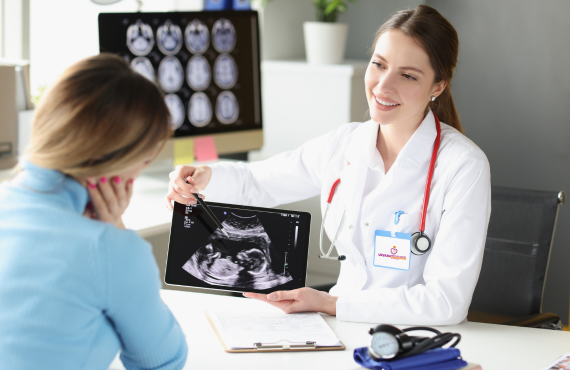
More informationAbout Us
Ensuring every step of your IVF journey comes with a smile.

We Can AnswerContact Us
Reach out to our team for any inquiries on your IVF journey.



